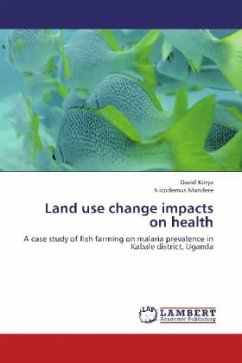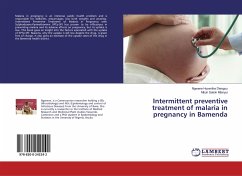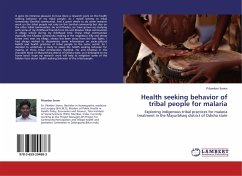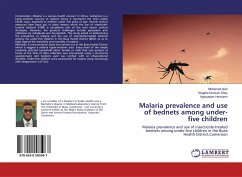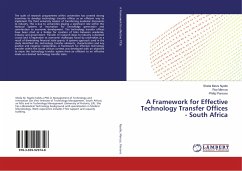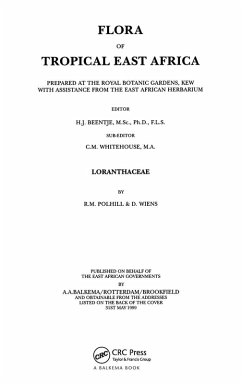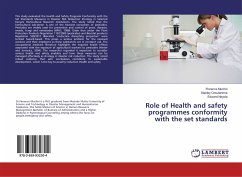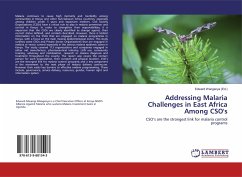
Addressing Malaria Challenges in East Africa Among CSO's
CSO's are the strongest link for malaria control programs
Herausgegeben: Wangenya, Edward
Versandkostenfrei!
Versandfertig in 6-10 Tagen
27,99 €
inkl. MwSt.

PAYBACK Punkte
14 °P sammeln!
Malaria continues to cause high mortality and morbidity among communities in Kenya and other Sub-Saharan Africa countries, especially among children under 5 years and expectant mothers. Civil Society Organizations (CSOs) have a critical role to play in malaria prevention and control in Kenya. In order to strengthen their responsibilities, it is important that the CSOs are clearly identified as change agents, their current status defined, and contacts described. However, there is limited information on the CSOs that are engaged on malaria programmes in Kenya, with a focus on the main malaria ep...
Malaria continues to cause high mortality and morbidity among communities in Kenya and other Sub-Saharan Africa countries, especially among children under 5 years and expectant mothers. Civil Society Organizations (CSOs) have a critical role to play in malaria prevention and control in Kenya. In order to strengthen their responsibilities, it is important that the CSOs are clearly identified as change agents, their current status defined, and contacts described. However, there is limited information on the CSOs that are engaged on malaria programmes in Kenya, with a focus on the main malaria epidemiological zones. This study outlines some CSOs and Private Sector Organizations that are engaged in malaria or vector control especially in the various malaria epidemic zones in Kenya. The study covered 113 organizations and companies engaged in either net manufacture, pharmaceutical industry, LLIN use, community training, advocacy and mobilization, research or malaria diagnosis and treatment throughout the county. The report also covers the contact person for each organization, their contacts and physical location. CSO's are the strongest link for malaria control programs and a key component in the movement to the next phase of malaria delivery continuum. However their exists key barriers to effective malaria programming. These include, governance, service delivery, resources, gender, human right and information system.



